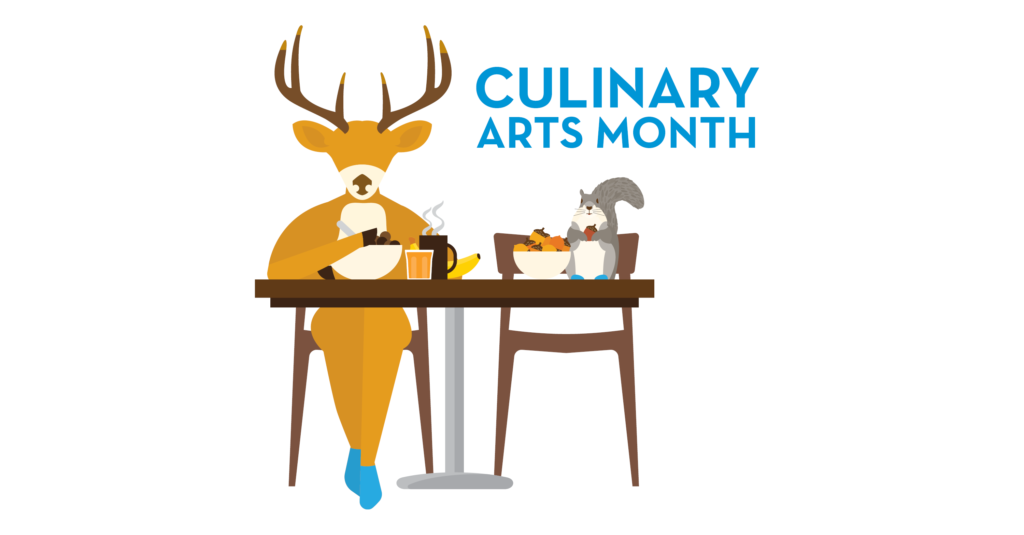Finding Comfort through Food
By Anne Edgecombe
As we continue to explore all that we love about Culinary Arts Month in July, I’ve thought about all of the delicious foods that are my “go to” dishes when I’m seeking a little comfort. Comfort foods mean different things to different people, but why does the term “comfort foods” get such a bad rap?
Comfort food is so much more than food we crave or the calories, nutrients, and ingredients that make up a dish. Comfort food is an expression of love, culture, traditions, memories, and celebrations. By eating something we have fond memories of or brings us joy, we are showing ourselves a little self-care and compassion.
In the beginning of the pandemic, people were spending more time baking. So many people I know started making sourdough and banana bread. Not only did baking become popular because we all had extra time on our hands, but in times of stress it was comforting to have wonderful aromas pouring from the oven, with something delicious to nibble on in the end.
For a lot of people, comfort foods are carbohydrates, which could be because carbs raise serotonin levels in the brain. However, comfort foods aren’t necessarily a bowl of mac and cheese or a pile of buttery mashed potatoes. Comfort foods are whatever brings you joy – and being joyful is healthy.
When I’ve had a hard day, I always want chicken noodle soup, because it reminds me of my grandmother making chicken soup for her family, neighbors, and friends. She would keep leftover containers of soup in the freezer to defrost for “emergencies.” She always used to say “chicken soup is a hug for your insides.” By making my grandmothers’ recipes, I’m able to keep her memory alive.
While there is keen difference in finding solace and joy in food versus turning to food to the point of overindulging or bingeing, enjoying your comfort foods in moderation should not make you feel regretful or ashamed.
I challenge you this week to think of one meal that brings back happy memories or reminds you of someone you haven’t seen in a long time. See if you can make this meal, savor each bite, and see how it makes you feel.
Anne Edgecombe is a program coordinator with Mind Springs Health, the largest provider of counseling and therapy for mental wellness in Western Colorado. Annie holds a master’s degree in nutrition from National University of Natural Medicine.
